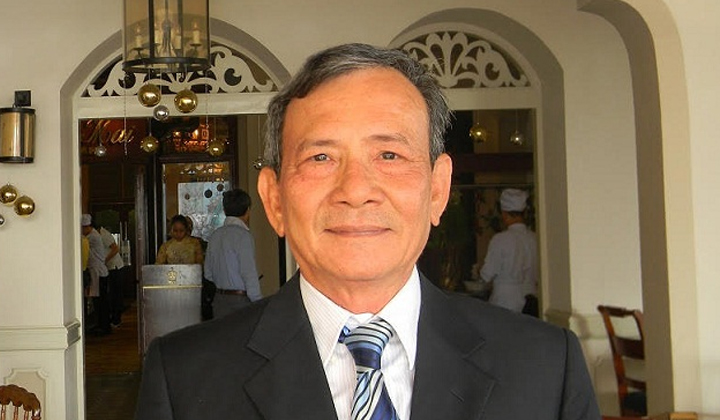When organic becomes an inspiring wellbeing lifestyle
For Tyna Huynh, co-founder of Drinkizz, organic is not just a food choice but a way of life that fosters a deep connection between people, nature and community.




Agricultural development along with tourism promotion is the fastest way to reduce poverty but to find an appropriate model of integration to boost available advantages of the two crucial sectors is now a headache.

Agricultural tourism (agritourism) emerged in Europe during the 1960s. Over the past 40 years, agritourism has flourished and gradually completed in Europe. In Asia, agritourism is thriving in Japan, Korea, Taiwan, recently Thailand, Malaysia, and Vietnam.
Despite being present in all parts of Vietnam, agritourism is still unevenly developed, and its quality has not met the needs of visitors yet.
Agritourism may contribute significantly to the economy, create jobs, and combat the trend of giving up farming for other jobs. It can also promote cultural exchange and cultural integration among Vietnamese ethnic groups, as well as encourage farmers to learn foreign languages. Besides, agritourism boosts on-the-spot exports of agricultural products from craft villages.

In the future, agritourism must satisfy three requirements of tourists: the first one is discovery; the second one is experience; and the third one is engagement.
To develop agritourism in Vietnam, first of all, we should focus on three specific solutions: keeping the environment clean, ensuring social security, and guaranteeing food safety.
Regarding green products, we must not use chemicals in green farms. Local products should be sold as souvenirs to increase on-the-spot export. Local markets should feature the indigenous culture and history.
Five types of farms that should be established for agritourism include natural farming; organic farming; integrated farming; new theory farming (30% of its area is for water supply, 30% for rice cultivation, 30% for crops, 10% for living space and livestock); and farms associated with forests. Thanks to these farms, farmers may have a good life and get rich by homestay and farmstay services.
To promote the sales of indigenous products, Green Travel Centres should be set up and local festivals should be organized. Websites should be established for guest registration, quotation publication and festival calendars.
Regarding human resource training, Vietnam’s provinces should learn from ASEAN countries. They can focus on Thailand's successful model.
Regarding facilitation policies, the State needs to aim at a program to develop agritourism associated with the rural development and offer technical assistance and training for farmers.
Regarding infrastructure, the State should build roads, offer clean water and electricity for rural areas. Credit and land policies should be completed and tax incentives should be offered to attract investment.
Only by doing these can this potential be maximised. If the State and people are determined, Vietnam will quickly rise to the top of the region in agritourism.
(*) The article reflects the opinion of Nguyen Huu Tho, Chairman of Vietnam Tourism Association.
For Tyna Huynh, co-founder of Drinkizz, organic is not just a food choice but a way of life that fosters a deep connection between people, nature and community.
Embracing respectful workplaces could very well be the key to unlocking a more prosperous future for Vietnam's garment industry.
Vietnamese businesses have had a long journey with great achievements, and this path will continue and blossom in years to come.
While some jobs are expected to be replaced by emerging AI applications, the technology is broadly seen as a catalyst for positive transformation in the workforce.
The energy transition is bringing forth new challenges, particularly in refining financial systems.
Alex Hambly talks about investment opportunities in Vietnam following his appointment as chief investment officer (CIO) of VinaCapital.